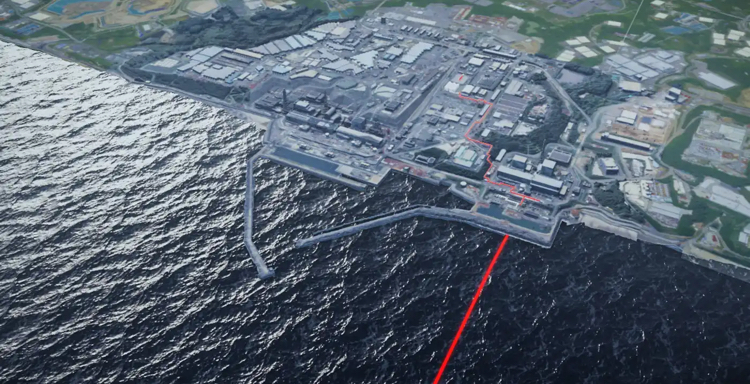The Japanese government is in the final stages of preparing for the release of wastewater from the crippled Fukushima Daiichi nuclear power plant. Ministers are continuously holding meetings with local communities, while Prime Minister Fumio Kishida is scheduled to meet the presidents of the U.S. and South Korea later this month to ensure their support for Japan’s decision.
Despite the government’s repeated assurances that the treated water is safe, as confirmed by the International Atomic Energy Agency, people living along Japan’s northern Pacific coast, and some in neighbouring countries, remain sceptical. This week’s Big Story focuses on the lingering anxieties of stakeholders, including a seafood business owner, a fisherman and the owner of a beach shack.
For Tokyo Electric Power Co. (TEPCO), the plant’s operator, releasing the wastewater is “unavoidable” and “necessary” for the rebuilding of Fukushima because the tanks currently holding the water are already at 97% capacity, and storing it is taking up too much space and hindering plans to decommission the plant. However the story highlights the issue of trust, rather than the question of the scientific safety of the water release itself, as the company’s actions after the 2011 disaster left many people questioning its trustworthiness.
Among neighboring countries, China has been the most vocal in opposing the release of the water. Beijing still restricts food imports from 10 Japanese prefectures, a measure introduced in 2011, and Hong Kong is considering reinstating a seafood ban if the water is flushed into the Pacific. However, on Thursday Beijing announced that it would lift a ban on group travel to Japan, a move that could boost inbound tourism, given that Chinese tourists made up the largest share of foreign visitors before the pandemic.





